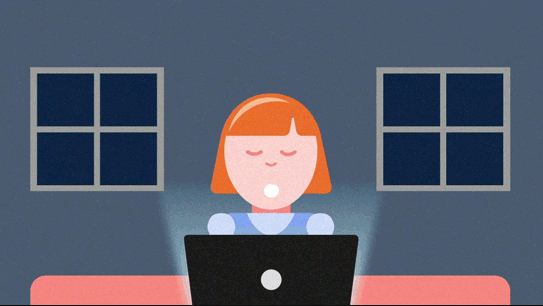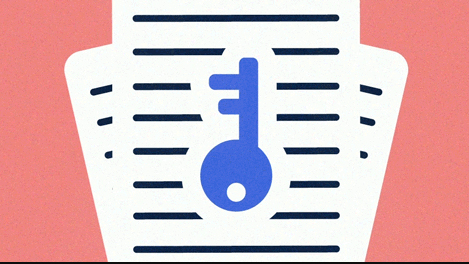Future student news to your inbox
Want to stay up-to-date with news, stories and info about studying at UOW?
We're all guilty of it.
Time flies when you're having fun… or, if a major deadline is creeping up on you.
It's a universally shared experience among students – how to churn out an essay last-minute or cram for an exam. I know I've had my fair share of procrastinating, resulting in last-minute scrambles, so if and when you find yourself in this position, you're not alone.
I consider myself somewhat of a specialist in this area, so here are my three top tips to avoid procrastinating and cap off your studies well.

I get it – the temptation is real. It can be very easy to trick yourself into thinking that working under this kind of time pressure produces your best work. Science, unfortunately, says otherwise.
Getting the recommended amount of sleep for your age per night is crucial in maintaining concentration and re-energising for the next day. Nothing is worse than waking up on the morning of an exam after only two hours of sleep. Don't sacrifice your sleep by procrastinating. A helpful tip I was told was to work until 10pm at the latest. This way, your brain has enough time to prepare for the next day, while still producing high-quality work. So, don't be tempted to stay awake all night – leave some time for yourself!
For more on what happens to your brain when you study, check out The psychology of exams.

During the lead-up to an exam, I am no stranger to the worries of not knowing enough or feeling under-prepared. If you find yourself in this position, don't overwhelm yourself more by trying to cram hundreds of quotes and dates into your head. Instead, revise key concepts that have been focused on in classes. Look through the subject outline and identify the main themes of your course, then base your revision off these big picture connections.
By focusing on larger ideas and supporting them with evidence, you can eliminate so much unnecessary time spent learning cases you can't connect to anything. You'll find that when you start to study with the big picture in mind you actually understand more than you think you do. Therefore, you put yourself in a position to draw grander and better-executed conclusions.
Psychology also shows that practicing mindfulness can help you concentrate better.

Finally, remember to plan your time wisely. Be realistic with yourself with how long you can study for without getting distracted. For me, it is a very short amount of time. I break up my study blocks with either exercise, food, socialising or playing with my dog. By giving your brain time to process information and pacing your study sessions, you'll increase your working endurance and find you can study for longer periods of time.
If you're looking for a pick-me-up, take a look at these 5 foods to boost concentration.
The last-minute study that we all do before exams can so easily make you panic. These three tips should help take the edge off for you.
ALWAYS remember that you are worth more than an assessment. These times are opportunities for you to show your knowledge and workshop your ideas, so do them to the best of your ability. And when it's all said and done, look forward to those breaks – they'll be well deserved when they arrive.
All story credit to first-year Bachelor of International Studies (Dean's Scholar) student Rebekah Manning.
Want to stay up-to-date with news, stories and info about studying at UOW?